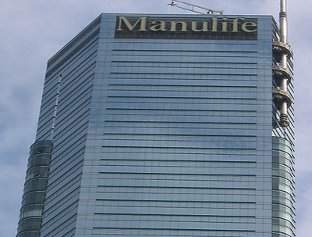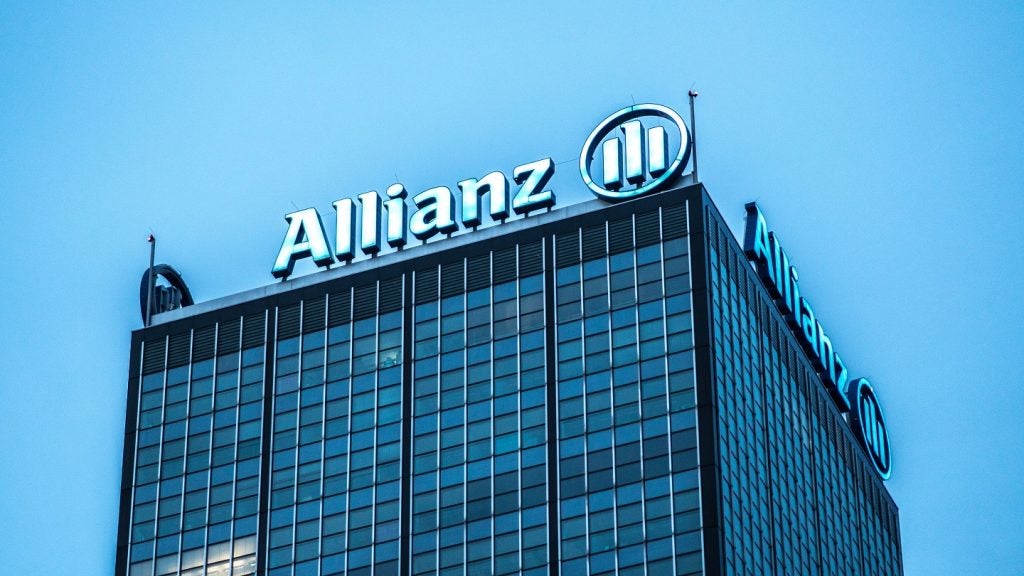
The report finds that households in these countries and territories have relatively high levels of accumulated wealth, and suggests that more efficiently mobilising these assets could significantly supplement other sources of retirement income.
The report, entitled Asset rich, income poor? Key components of retirement income security for aging Asia, is the third in Manulife Asset Management’s Aging Asia series and builds on the findings of its November 2012 publication, Funding the golden years: The financial and economic factors shaping retirement provision for Asia’s rapidly aging populations.
The previous publication analysed the complex interplay of wealth, pension regimes, demographics and macroeconomic trends that influence the provision of retirement funding in the region, concluding that individual households are likely to have to shoulder an increasing portion of the financial responsibility for generating retirement income.
With this is mind, the newest report examines five Asian economies – Hong Kong, Japan, Singapore, South Korea and Taiwan - that are in the advanced stages of their demographic dividends and have accumulated considerable levels of household wealth. While these levels of wealth suggest that constituent households should be able to retire with a high degree of income security, evidence indicates that many are actually entering retirement asset rich, but income poor.
The research reveals that this situation arises from challenges associated with each of five key components of retirement income security: salary and wages; government social spending; pension benefits; familial support; and income arising from household wealth. Some highlights of retirement income security in the countries and territories that we examined include:
How well do you really know your competitors?
Access the most comprehensive Company Profiles on the market, powered by GlobalData. Save hours of research. Gain competitive edge.

Thank you!
Your download email will arrive shortly
Not ready to buy yet? Download a free sample
We are confident about the unique quality of our Company Profiles. However, we want you to make the most beneficial decision for your business, so we offer a free sample that you can download by submitting the below form
By GlobalDataHong Kong has a relatively well-developed pension scheme to bolster its retirement income security, with a coverage ratio of 56%. However, Hong Kong citizens tend to withdraw from the labour force at a fairly young age and derive low levels of income from their accumulated wealth due to a combination of investing heavily in risk-adverting bank deposits and historically low interest rates.
Japan’s retirement income security is bolstered by its high elderly labour force participation, with about 22% of its elderly population continuing to work. However, retirement income is curtailed by the fact that familial support of elderly households has declined to about 1% of their total consumption needs.
Singapore is among the most rapidly aging populations in Asia and has the lowest level of government social spending among the economies we analysed. On the other hand, the country’s retirement income security is bolstered by a well-developed pension scheme, which holds nominal pension reserves of 68% of GDP.
South Korea’s retirement income benefits from the highest level of elderly labour force participation among the economies we examined. However, relatively low government social spending, at about 3% of GDP, is a challenge for the elderly in South Korea, as it shifts responsibility for retirement income security more to individual households.
Taiwan has the highest household financial wealth to income level among the five countries and territories. Perhaps the largest challenge facing Taiwan’s elderly households is its declining incidence of multi-generational co-residence, which had fallen from 70% in the late 1980s to 60% in 2005.
Adjusting the deployment of household wealth is among the most promising avenues for improving retirement income security in the five economies we studied. The report finds that on average almost 50% of the financial wealth in the countries and territories studied is allocated to demand and time deposits that deliver minimal return in the current low interest rate environment, producing negative real return for many. Similarly, an average of almost 50% of aggregate household wealth is invested in property, with rental property income delivering lower returns than in more developed economies. It is estimated that reallocating even a small percentage of these assets to more efficient and productive investments would materially augment retirement income security in the region.
Michael Dommermuth, President, International Asset Management, Manulife Asset Management Asia, commented on the report’s conclusions: "While the market tends to focus on the accumulation phase of preparing for retirement, we believe that it is just as important to be mindful of the de-cumulation phase. Our analysis reveals that all five economies have relatively bright prospects for improving retirement income security within the structures of existing policies, programs and practices. For example, generally high levels of household wealth can be more efficiently mobilised by diverting cash holdings into equity, fixed income or asset allocation products, many of which are income generating."
"We have already begun to see this change across many of the Asian countries and territories Manulife Asset Management operates in. This includes a significant rise in the sales of financial instruments that are designed to produce sustained income streams. It is important that this shift continue and gain momentum, as Asian economies are aging rapidly and do not have the luxury of time to adjust to this reality."







